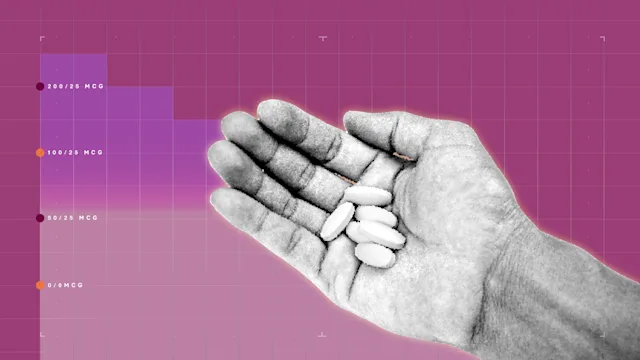The potential risks of atherosclerosis — such as heart disease, heart attack, and stroke — are some of the top 10 leading causes of death in the United States. For this reason, it’s important to understand what causes the hardening of the arteries. Knowing the risk factors of atherosclerosis can empower you to make the choices to prevent it.
“Atherosclerosis is a progression over many years,” says Lawrence Phillips, MD, Cardiologist at NYU Langone Health. “Even if somebody is told at some stage that they have atherosclerosis or narrowing of their blood vessels, it doesn't mean that they're going to have an event, like a heart attack or a stroke. Instead, it's a wake-up call that you need to modify your risk even further.”
Understanding atherosclerosis
When levels of LDL (“bad”) cholesterol in the body are too high, it can form plaque. Plaque builds up on the walls of blood vessels, which can cause the wall to thicken. As a result, this plaque buildup may narrow the channel and reduce blood flow.
This process of hardening arteries is called atherosclerosis (pronounced “ath-er-oh-skluh-ROH-sis”). Even when it’s mild, the reduced blood flow can limit the oxygen and nutrients that the rest of the body needs.
When atherosclerosis becomes severe, however, plaque may block arteries to the organs. For example, a blocked artery to the heart can result in angina, or chest pain from reduced blood flow. Worse, if a piece of brittle plaque breaks off and gets stuck, it may lead to a heart attack or stroke.
Causes of atherosclerosis
There’s no single cause of atherosclerosis: A variety of factors may increase your risk. “When we think about risk factors for atherosclerosis we're thinking in two categories: one being modifiable and those that are non-modifiable,” says Dr. Phillips.
“The non-modifiable [risk factors] will be your age, your gender, and your ethnicity,” says Dr. Phillips. Because atherosclerosis progresses as you age, it’s more common the older you get.
As for modifiable risk factors, the chances of atherosclerosis are higher if you:
Have high cholesterol or high triglycerides
Smoke cigarettes
Have high blood pressure
Are overweight or inactive
Have diabetes
Eat an unhealthy diet, such as a diet high in saturated fat
“It's important that everybody know their risk for developing atherosclerosis because the outcome can be a heart attack, a stroke, or even death. We know that atherosclerosis can be delayed and stopped from progressing by knowing your numbers and modifying your risk,” says Dr. Phillips.
Lawrence Phillips, MD, is a Cardiologist at NYU Langone Health.
References
American Heart Association. (2024). Atherosclerosis.
Centers for Disease Control and Prevention. (2024). High cholesterol facts.
Kaski, J.C. (2023). Pathogenesis of atherosclerosis. UptoDate.
National Heart, Lung, and Blood Institute. (2024). Atherosclerosis.

Why trust our experts?














